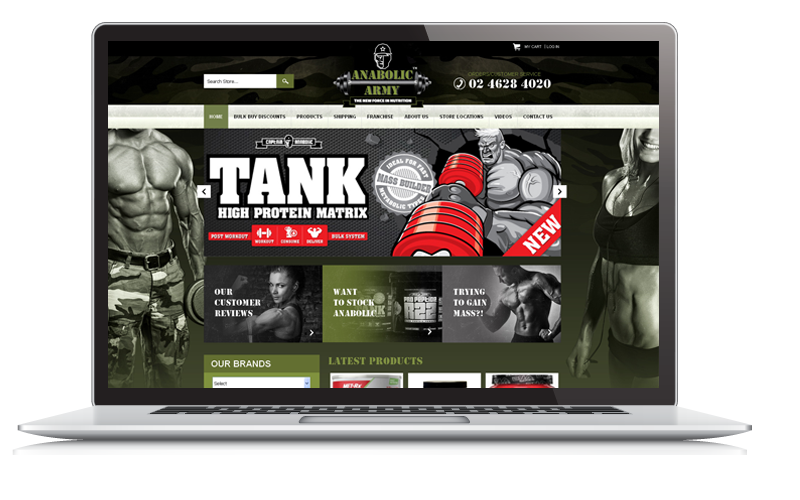What Is Conversion Rate? Your conversion rate refers to the percentage of people who take the actions you want on your website.
Remember, while it does refer to converting leads to clients, what you want to get to is the conversion from one stage of the sales funnel to the next. You want to monitor how effective your online marketing campaign is. Does your content work in engaging your prospects? Are people reacting to your content? Are they opening your emails? Do they take action when you follow-up?
What is Conversion Optimisation? Conversion optimisation refers to improving your website’s conversion rate/s. The approach here is systematic. You have analytics and user feedback as basis. And, you optimise conversion from stage to stage, wherein the stages are defined by your website objectives. What you want to do is make the most of the leads that you get through your website.
Optimisation requires that you set goals for your website, as well as a timeframe to achieve these.
What Is The Ideal Conversion Rate? So, know what the ideal conversion rate is for your industry. A study conducted by WordStream found that the average site conversion rate is 2.35%. However, if you’re aiming for the top, you should have a conversion rate of 5.31% or higher – this is what’s achieved by the top 25% websites. If you want to reach the top 10% of websites, then you have to target for 3 to 5 times the average.
Now that you know the average, is this the ideal? The answer here is complex.
Remember that quantity is not as good as quality. Leads might move from the top of the funnel to the next level but are these the kinds of clients that make their way to the end of the funnel. Lead leakage can happen when leads are unqualified. Quality is the target and conversion optimisation helps.
So, Why Should You Do Conversion Optimisation? Apart from competing at par with other businesses in your industry, there several other reasons to do conversion optimisation for your website:
1. Improvements always help your business: Wherever you are in your optimisation, improvements will always benefit your business. So, when you do observe lags in online engagements, look at the statistics and try to do something about it.
2. It keeps you from relying on online ads: With the way things work, online ads are bound to become more expensive. Your ROI from these ads also lessens with time. So, it works to your advantage to have engagements that work set up through the stages of your pipeline.
3. You get more qualified leads: Optimising focuses on your ideal client. When done right, you get more qualified leads to engage with your website.
4. You lower the cost of acquiring customers: With optimisation-driven content marketing, you can lower the cost of acquiring customers. You have something set-up and if this is calibrated correctly, this can convert leads over time.













